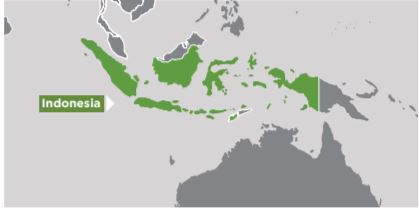Overview
This project aims to identify, explore, and support community-driven livelihood options for local and indigenous women and men in a Central Kalimantan peat swamp forest, focusing on ecological restoration goals through participatory action research and community capacity building through livelihoods and community organising training programs.
The ACIAR Peatland Program involves a family of projects examining biophysical and soil dimensions of peatland restoration, social and biophysical aspects of forest conservation, and governance. All projects work in the same landscape, Mawas, and share an advisory group and stakeholder engagement network.
The leadership team meets monthly to ensure alignment and work across projects. This is one of the projects in this group. Over the past 25 years, considerable attention has been given to the conservation and restoration of Indonesia's tropical peatlands, both globally and domestically. Livelihood programs have been launched in Central Kalimantan in recent decades; however, there is yet to be one that has continued beyond the end of the program to indicate long-term success.
Developing sustainable livelihoods is a pre-condition to successful peat restoration and a multi-step approach is needed to identify and enact sustainable livelihoods across scales. In this research, we understand livelihoods as extended multi-local practices that combine local and non-local income and small-scale farming and forest and river use.
Activities
- Identify and learn about the diversity of livelihood options in the Mawas area, a vision for livelihoods and well-being, and learning for community organising and livelihoods.
- Explore 3-4 key livelihood options that do not / minimally disturb restoration goals.
- Observe and reflect on the contribution of livelihood activities to wellbeing.




